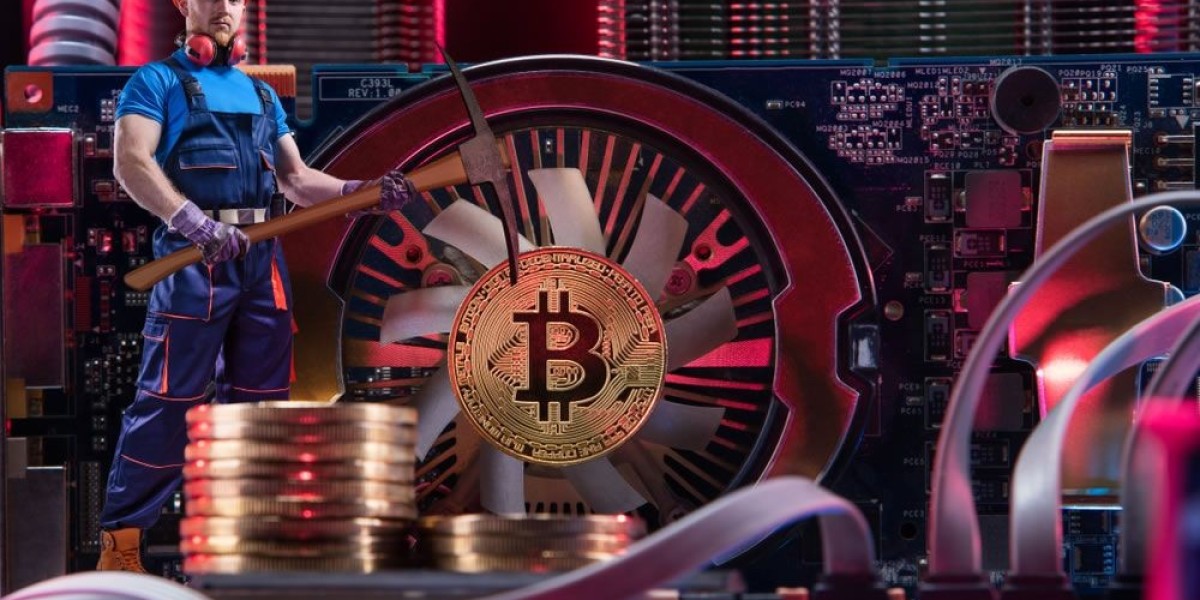Bitcoin is often called digital gold, but unlike physical gold, it’s not dug out of the ground — it’s created and verified through a process called mining. The individuals and machines that make this process possible are known as Bitcoin miners. They are the backbone of the Bitcoin network, keeping it secure, decentralized, and functional.
What Are Bitcoin Miners?
In the Bitcoin ecosystem, the term “miners” can refer to two things:
People – Individuals or companies that operate mining equipment to earn Bitcoin.
Machines – Specialized hardware devices that perform the actual computations.
Both work together to solve complex mathematical puzzles that validate transactions and add them to Bitcoin’s public ledger — the blockchain.
How Bitcoin Miners Work
Bitcoin operates on a Proof-of-Work (PoW) consensus mechanism. Miners compete to solve cryptographic puzzles by finding a hash value that meets the network’s difficulty target.
The mining process involves:
Collecting Transactions – Unconfirmed transactions are bundled into a block.
Hashing – Miners repeatedly apply the SHA-256 hashing algorithm with different nonces.
Winning the Race – The first miner to find a valid hash broadcasts it to the network.
Earning Rewards – Successful miners receive the block reward (currently 3.125 BTC as of April 2024) plus transaction fees.
Types of Bitcoin Miners
Individual Miners
Operate from home or small offices.
Often join mining pools for consistent earnings.
Mining Farms
Large-scale operations with thousands of machines.
Located where electricity is cheap and cooling is efficient.
Cloud Miners
Rent hashing power from a service provider.
Avoids the need to own and maintain physical machines.
Bitcoin Mining Hardware
Bitcoin mining is no longer practical on regular computers. Modern miners use:
ASIC Miners – Application-Specific Integrated Circuits designed solely for Bitcoin’s SHA-256 algorithm.
Examples include: Antminer S19 Pro, Whatsminer M50S, and AvalonMiner 1246.
Measured in hash rate (TH/s) and power efficiency (J/TH).
Why Bitcoin Miners Are Important
Security – Mining power makes it extremely difficult to alter past transactions.
Decentralization – Distributed miners prevent control by a single authority.
Transaction Verification – Miners ensure all transactions are legitimate and follow Bitcoin’s rules.
Challenges for Bitcoin Miners
High Electricity Costs – Mining machines consume significant energy.
Difficulty Adjustments – As more miners join, the puzzles become harder.
Hardware Costs – Quality ASIC miners can cost thousands of dollars.
Environmental Concerns – Large mining farms draw criticism over energy usage.
The Future of Bitcoin Miners
Bitcoin mining is moving toward greater efficiency, renewable energy use, and geographic diversification. Newer ASIC models are designed to use less electricity while delivering higher hash rates. Some miners are also using waste heat recovery and green energy to offset environmental impact.








